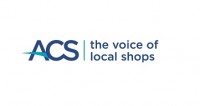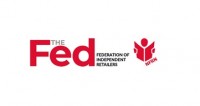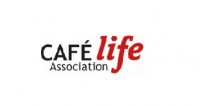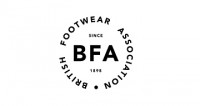Election 2024: what does the indie retail sector want from the next government?
Posted on in Business News
With a general election just weeks away, Andrew Goodacre, CEO of the British Independent Retailers Association (Bira) has placed “reducing the cost of doing business” high on his agenda for the incoming government.

Image by John Mounsey from Pixabay
Speaking to Drapers Magazine, Goodacre said:
“High business rates can put significant financial strain on retailers, particularly small and independent businesses. Lowering business rates or implementing reforms to make them more equitable could help alleviate this burden, allowing retailers to invest more in their businesses and support growth.”
He also cited energy costs as a major issue for independent retailers.
“Energy costs can be a significant expense for retailers, particularly as the sector increasingly emphasises sustainability and may invest in energy-efficient technologies.
“Policies that address energy costs, such as incentives for renewable energy adoption or measures to improve energy efficiency, can help retailers reduce their operating expenses while also contributing to environmental goals.”
In the longer-term, the government needed a plan for economic growth, to boost consumer confidence, which is “essential for a healthy retail sector”, he says.
“When consumers feel optimistic about the economy and their own financial situation, they are more likely to spend money on discretionary items like fashion.
“Policies that support economic growth, such as job creation, wage growth and stability in financial markets, can help bolster consumer confidence and encourage spending.”
Goodacre says the new government needs to work to increase consumer expenditure, as retailers rely on consumer spending “to drive revenue and sustain their businesses”.
“By implementing policies that promote economic growth and increase disposable income, the government can support higher levels of consumer expenditure, benefiting retailers across the fashion sector.”
His final priority is that the government supports retailers to move to a more sustainable model, “including both economic and environmental aspects”.
“Transitioning to a more sustainable business model can involve upfront costs for retailers, such as investing in sustainable materials, production processes and supply chain practices.
Government support, such as grants, tax incentives, or access to funding, can help offset these initial expenses and encourage more businesses to adopt sustainable practices, he says.
“The fashion industry has a significant environmental footprint, with issues such as carbon emissions, water usage, and waste generation. Moving towards a more sustainable model is crucial for mitigating these impacts and addressing global environmental challenges.”
Goodacre says the government can help by introducing policies that incentivise or regulate sustainability practices, such as carbon pricing or regulations on waste and pollution.
“By addressing these priorities, we believe the next government can support the fashion retail sector in overcoming key challenges, driving growth, and fostering sustainability.”
Useful links
If you have any other queries please contact us.





















